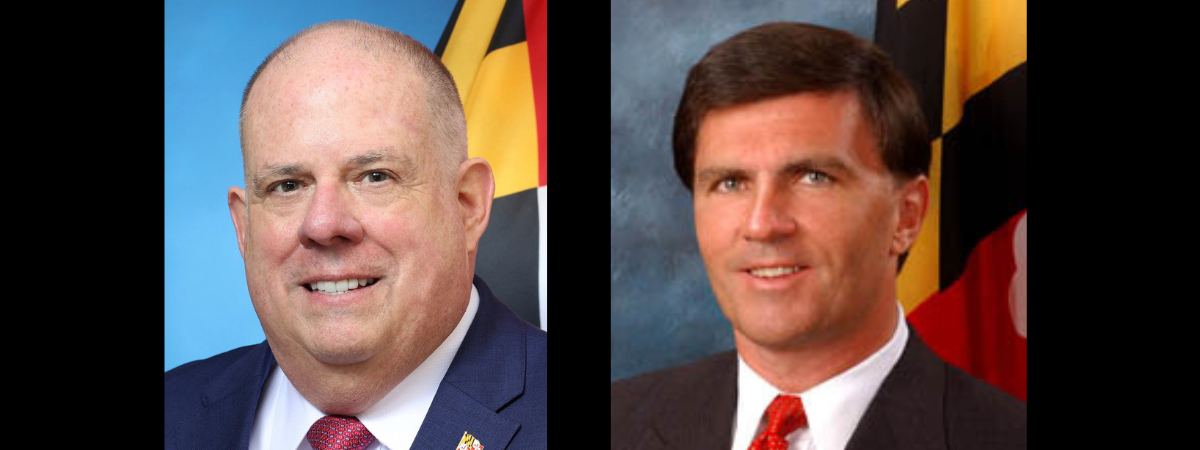Interview with Delegate Sheree Sample-Hughes, Part I
On Friday, January 11, this writer interviewed Delegate Sheree Sample-Hughes by phone from her office in Annapolis. Delegate Sample-Hughes represents Legislative District 37A which includes precincts in both Wicomico and Dorchester Counties. She has served in the Maryland State House of Delegates since 2015 and won re-election in 2018 as a Democrat with 68.5% of the vote as opposed to 31.3% for her Republican opponent. She is the lone Democrat from the Eastern Shore serving in the State Legislature. She is a member of the Legislative Black Caucus and served two years as secretary. Currently, she is financial secretary and chair of the Youth Day committee. This is an annual event in Annapolis. Most recently she was elected to serve as the Regional Chair (Maryland and Delaware) of the National Black Caucus of State Legislators. She also serves as president of the Women Legislators of Maryland. Prior to being elected to the House of Delegates, she served on the Wicomico County Council from 2006 until 2014. She holds a B.A. in Public Relations from Delaware State University (1999) and an M.S. in Management and Public Service from Wilmington University (2014).
Asked why she was able to win by such a large margin in a predominantly Republican district, Sample-Hughes said that she believes that it is “her ability to work with everyone.” She noted that she had been a member of the American Legion Jr. Girls Auxiliary, which had taught her that “inclusiveness is effective in order to support and promote the welfare of others.” She also stated that she is very conscientious about keeping all her constituents informed of legislative actions. When asked about her views concerning the future of the Democratic Party in Congressional District 1, particularly given the make-up of our legislative delegation and the recent defeat of the Democratic candidate for the House of Representatives, Jesse Colvin, she replied that she is by nature optimistic, and that the Party needs to grow and energize its base. She pointed out the division between traditionalists and progressives in the Democratic Party, but noted that the Party must preserve its basic values and educate the base to recognize those values. Voters tend to think that what happens at the federal and state level doesn’t affect their daily lives, and that has to change.
The next question to the Delegate had to do with issues that will be taken up by the House of Delegates during the current session, which just opened. The first issue that she brought up was raising the minimum wage in the state to $15. She noted that in early December she held a meeting of constituents in Salisbury, and while most supported increasing the wage, minority business owners and owners of small businesses in general raised concerns, which need to be considered in some way as the legislation moves forward.
The second part of this interview will be published on Feb. 6. In it Delegate Sample-Hughes discusses the need for increased funding for the public schools as recommended by the recently completed report of the Kirwan Commission for Excellence in Education, as well as legislation to legalize recreational marijuana, and the issue of increased racism in recent years. She also addresses lack of Democratic representation in the Eastern Shore Legislative Caucus.
Common Sense for the Eastern Shore








